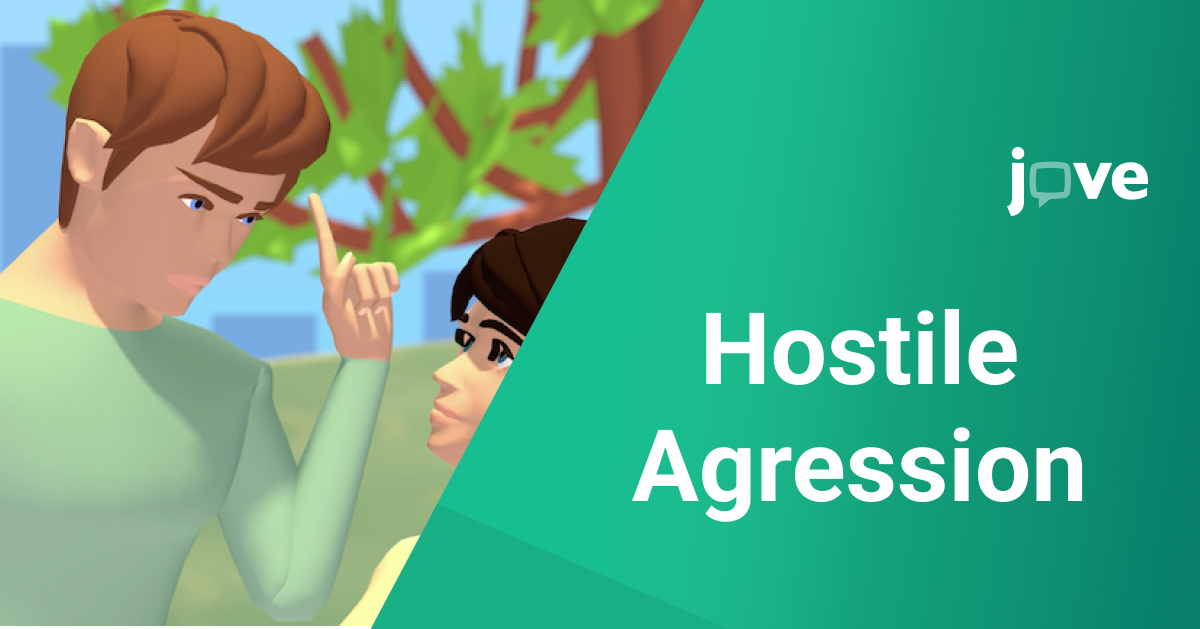Hostile aggression is a type of aggressive behavior characterized by feelings of anger and intent to cause harm. It is often impulsive, reactive, and driven by emotional arousal. Understanding the underlying causes and effects of hostile aggression is crucial for developing effective strategies to manage and mitigate it.
What is Hostile Aggression?
Hostile aggression is an aggressive act that stems from anger and is intended to cause pain or injury to another person. It is different from instrumental aggression, which is goal-oriented and used as a means to an end.
Understanding Causes of Hostile Aggression
Hostile aggression, a form of aggressive behavior driven by anger and intent to cause harm, arises from a complex interplay of various factors.
- Biological Factors: Genetic predispositions, hormonal imbalances (such as high levels of testosterone), and neurological conditions can contribute to aggressive behavior.
- Psychological Factors: Emotional dysregulation, low self-esteem, and mental health disorders like depression and anxiety are linked to hostile aggression.
- Environmental Factors: Exposure to violence, stressful situations, and lack of social support can increase the likelihood of hostile aggression.
Effects of Hostile Aggression
Hostile aggression can have significant negative impacts on individuals and society, including:
- Physical Harm: It can result in injuries or even fatalities.
- Mental Health Issues: Both the aggressor and the victim can suffer from psychological problems, such as anxiety, depression, and PTSD.
- Social Consequences: Hostile aggression can lead to strained relationships, social isolation, and legal issues.
Managing Hostile Aggression
- Therapeutic Interventions: Cognitive-behavioral therapy (CBT) and anger management programs can help individuals understand and control their aggressive impulses.
- Medication: In some cases, medications like antidepressants and mood stabilizers may be prescribed to manage underlying mental health conditions.
- Environmental Changes: Creating a supportive and non-violent environment can reduce triggers for hostile aggression.
Conclusion
Hostile aggression is a complex behavior with multiple contributing factors. Addressing it requires a comprehensive approach that includes understanding its causes, recognizing its effects, and implementing effective management strategies. By doing so, we can help reduce aggressive behaviors and promote a more peaceful and supportive society.
